Introduction
In today’s fast-paced tech environment, Technical Program Managers (TPMs) are expected to handle increasingly complex programs with tighter deadlines. To stay ahead, modern TPMs are integrating Artificial Intelligence (AI) tools into their workflows—not just to stay relevant, but to drive better efficiency, insights, and outcomes.
In this blog, we’ll explore practical ways TPMs can harness AI across the program lifecycle—from planning and execution to communication and reporting.
Why AI Is a Game-Changer for TPMs
AI isn’t just for engineers and data scientists. TPMs can use it to:
- Automate time-consuming tasks
- Identify risks and dependencies earlier
- Improve stakeholder communication
- Increase visibility into delivery metrics
The result? Better focus on strategic priorities, not just operational firefighting.
1. AI for Project Planning and Estimation
AI-powered tools like Jira’s predictive backlog estimation or ClickUp’s smart scheduling can help TPMs:
- Forecast delivery timelines
- Simulate resource constraints
- Model risk scenarios
Instead of relying solely on gut instinct or historical data, TPMs can use AI to make smarter, data-driven decisions early on.
2. Intelligent Reporting and Status Updates
Tools like Notion AI, Fireflies.ai, or Confluence AI can:
- Summarize meeting notes
- Auto-generate weekly reports
- Highlight decision points
This reduces hours of manual prep and ensures that stakeholders stay informed without overwhelming updates.
3. AI for Dependency and Risk Detection
Modern program management platforms (e.g., Atlassian Intelligence) can flag risks based on historical delays, issue types, or cross-team bottlenecks.
TPMs can use AI to:
- Predict and escalate dependencies early
- Visualize impact across teams
- Keep programs unblocked proactively
4. Smarter Decision-Making with Data Insights
Using AI-enhanced dashboards like Tableau with Einstein Discovery or Power BI’s AI visuals, TPMs can:
- Spot delivery patterns and blockers
- Correlate velocity dips with team changes
- Forecast impact of backlog reprioritization
This enables strategic discussions with leadership backed by real-time analytics.
5. Automating Low-Value, High-Friction Tasks
AI can help TPMs focus on what matters most by automating:
- Stakeholder reminders
- Retro documentation
- Ticket grooming suggestions
Even integrating simple GPT bots into Slack or Teams can save hours per week.
How KRACD.com Helps TPMs Build AI-Driven Workflows
At KRACD.com, TPM interview preparation now includes training on AI tools and workflows used in top tech companies.
What you get:
- Live sessions on integrating AI in project planning
- Practice using AI tools for reporting and risk management
- Frameworks to explain AI-driven decisions in interviews
- Mock scenarios where you apply AI insights in stakeholder conversations
Whether you're preparing for interviews or leveling up on the job, KRACD ensures you stay future-ready.
👉 Explore upcoming cohorts at KRACD.com.
Conclusion
The best TPMs are no longer just process experts—they are strategic enablers who know how to combine technical understanding, people skills, and AI tools to deliver with impact.
As AI becomes mainstream in project execution, showcasing your familiarity with these tools during interviews will set you apart.
FAQs
1. Do TPM interviews ask about AI usage?
Yes. Many companies are now evaluating how TPMs incorporate AI into planning, reporting, or program operations.
2. What AI tools should TPMs learn?
Start with Jira AI, Notion AI, Fireflies.ai, Power BI (with AI), and GPT-based automation for team workflows.
3. Can AI replace TPMs?
No. AI enhances your decision-making, but TPMs are still needed to drive alignment, manage complexity, and lead programs with context.
4. Is training on AI for TPMs available?
Yes. KRACD.com includes dedicated sessions and exercises on AI tools relevant to TPM roles.
5. How can I explain AI use in my interview answers?
Focus on business outcomes: faster reporting, early risk detection, improved forecasting. Show how AI supported your decision-making, not replaced it.

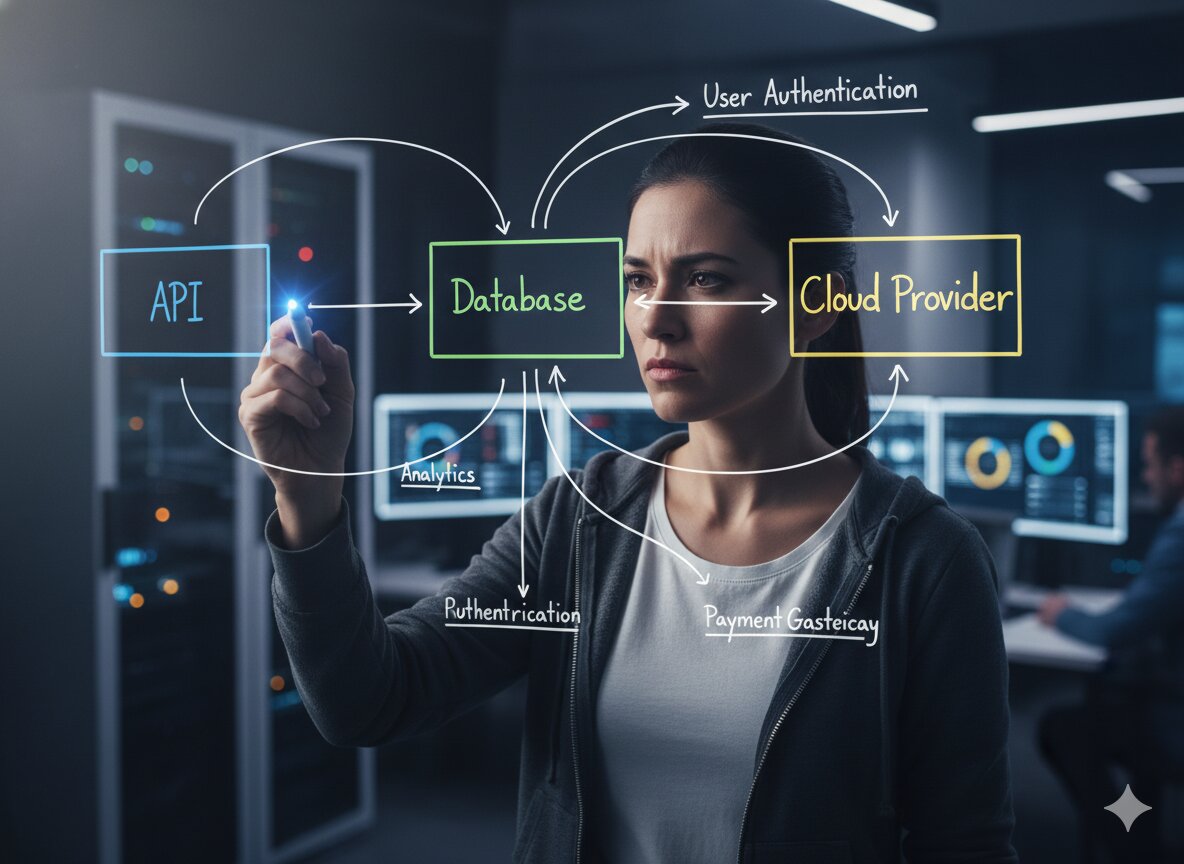









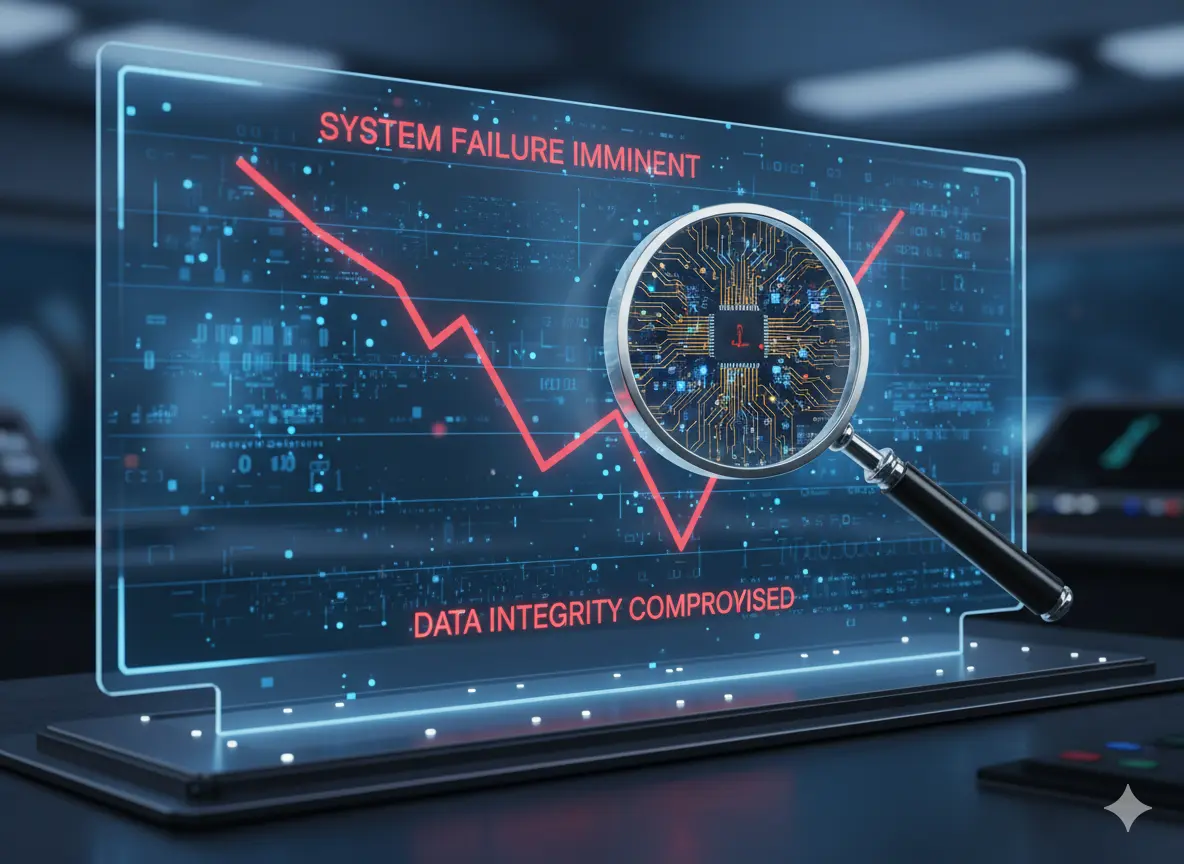


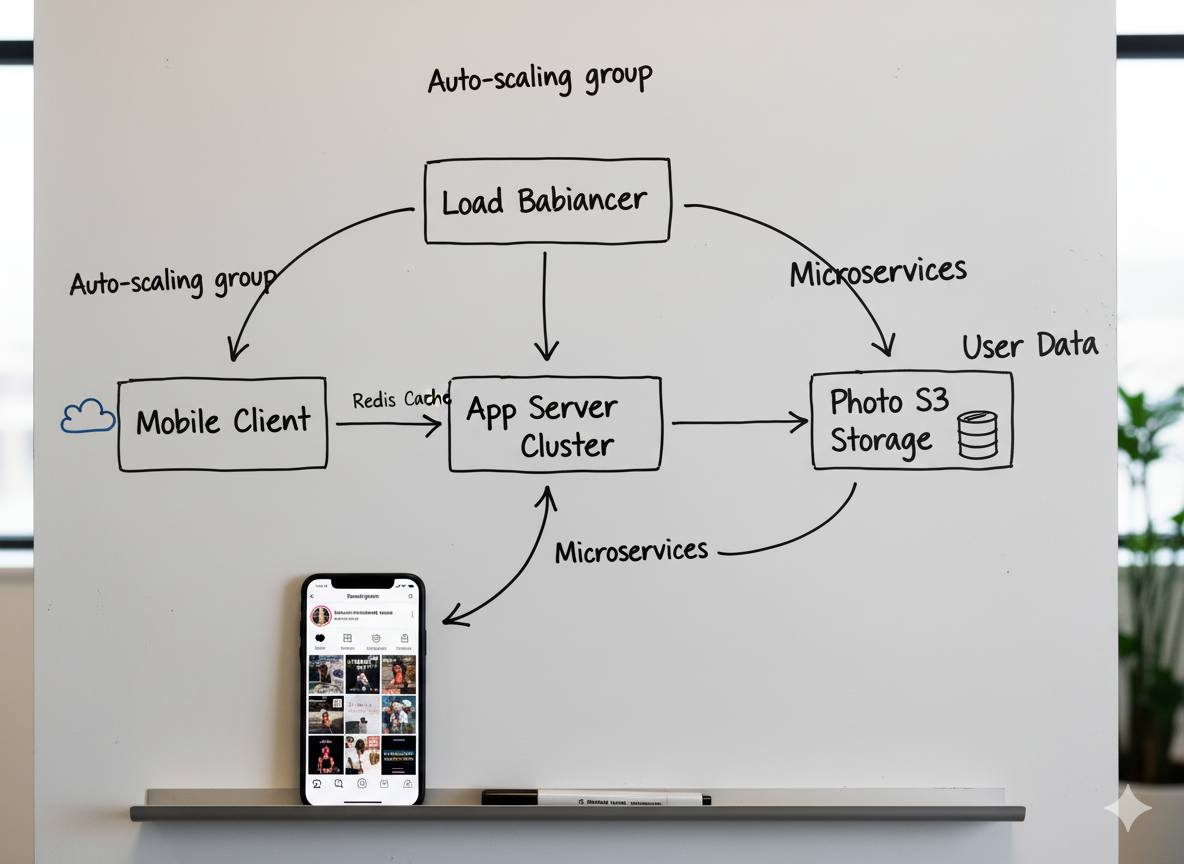
.png)
.png)
.png)
.jpg)
.jpg)
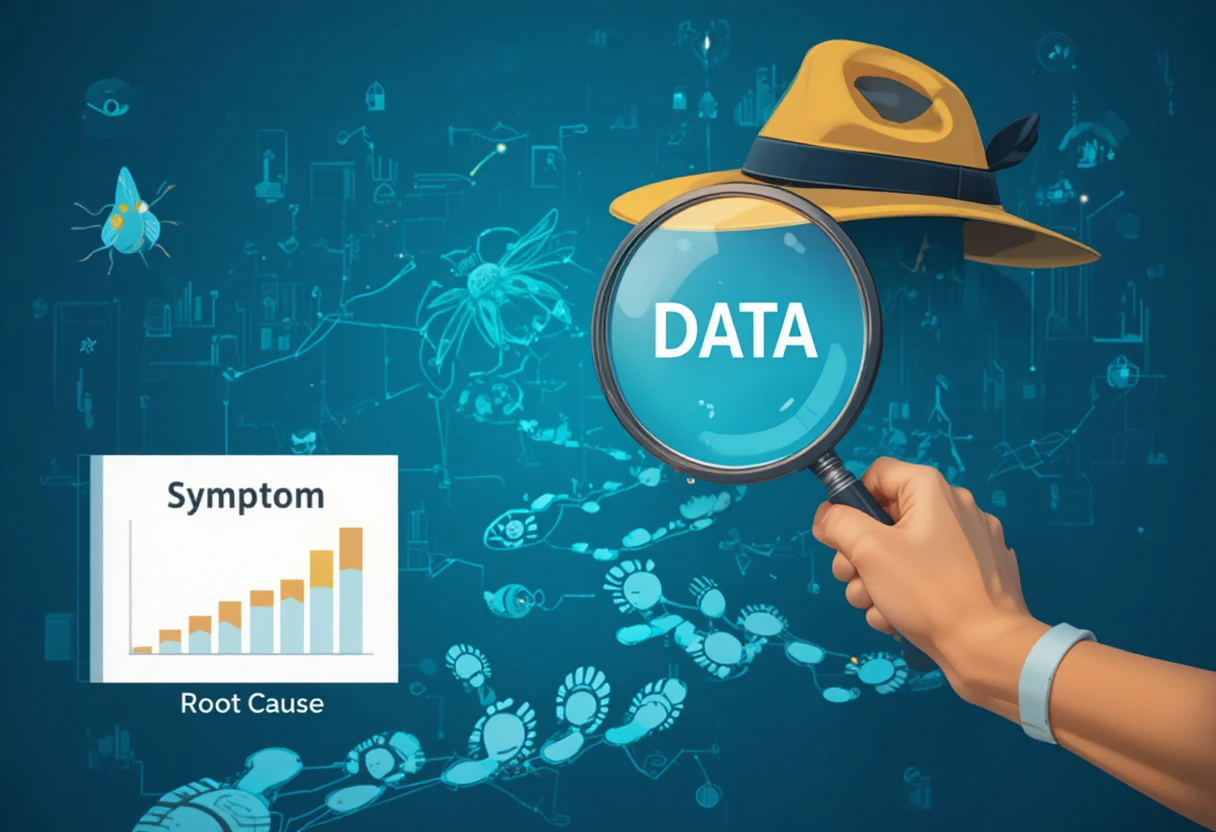






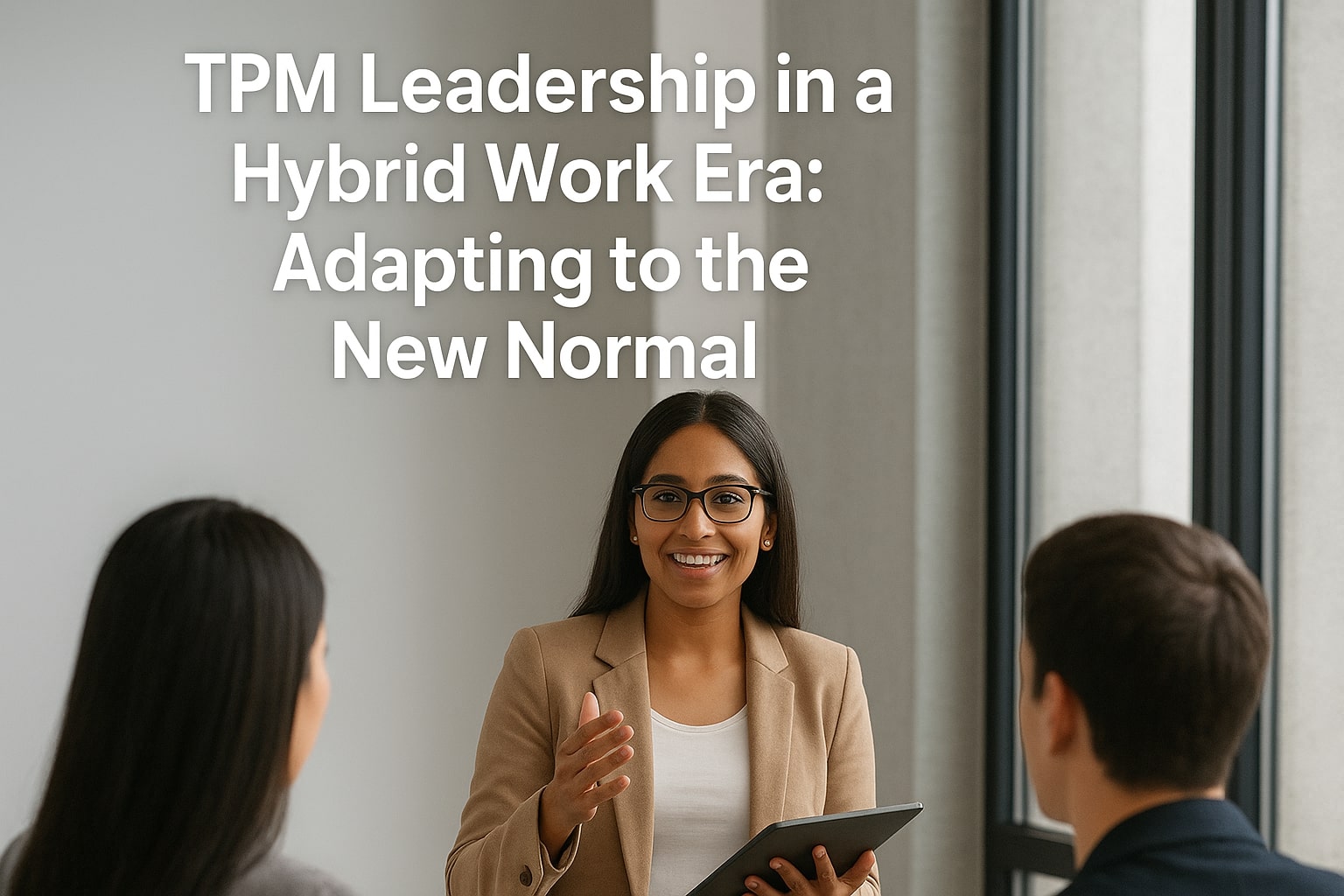

























.webp)








